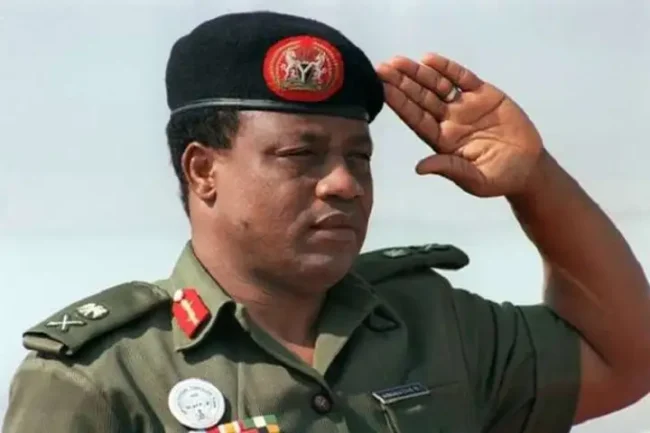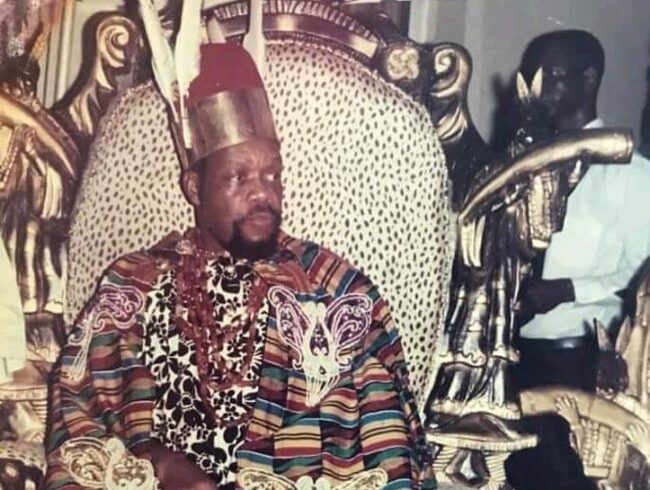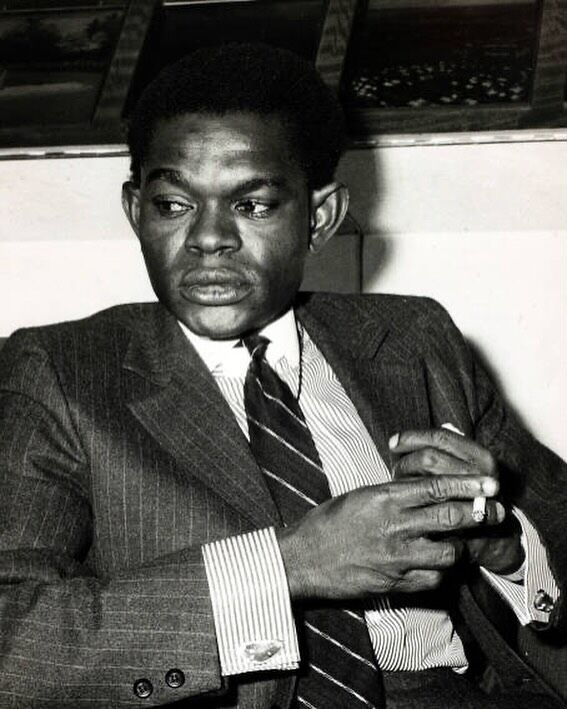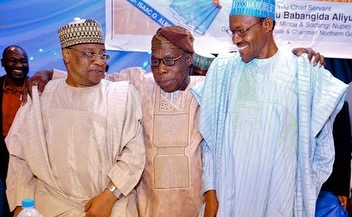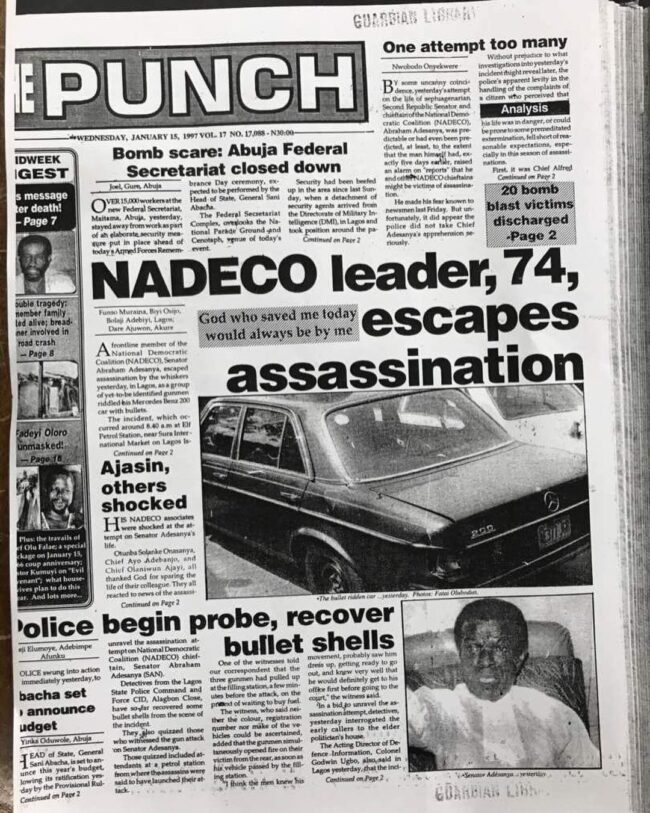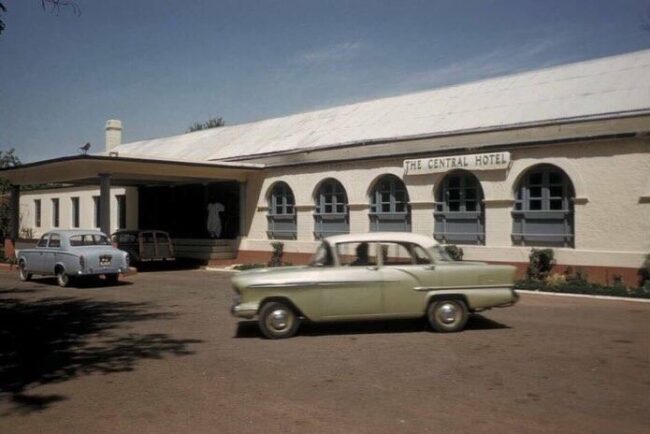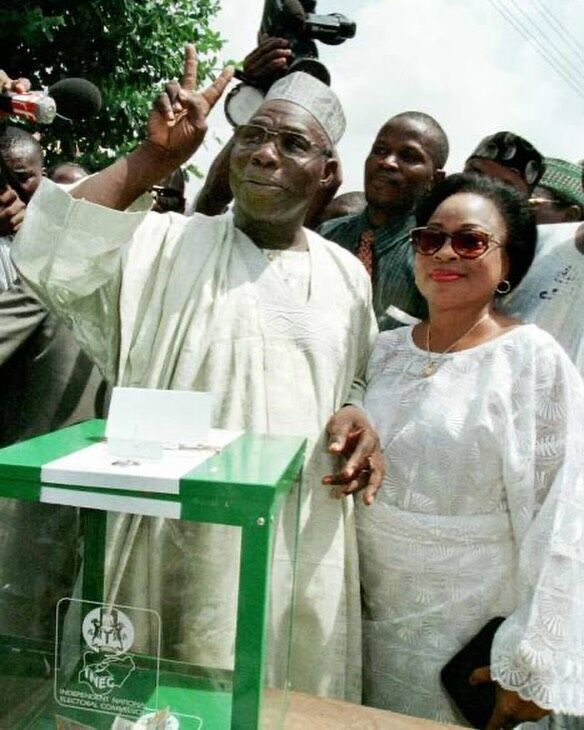Details of Resignation of Ibrahim Badamusi Babangida as Head of State in1993
The resignation of President Ibrahim Badamasi Babangida, popularly known as IBB, from the office of Head of State was a momentous occasion in Nigerian history. Babangida, who had seized control in a peaceful coup in 1985. Following the annulment of the June 12, 1993, presidential election—which was largely recognized as the most free and fair election in Nigerian history—he faced tremendous domestic and international demand to resign. Widespread demonstrations and public unrest were triggered by the annulment, which resulted in a political crisis that endangered the stability of the nation. The election had been predicted to be won by Chief Moshood Kashimawo Olawale (MKO) Abiola, signaling the beginning of the transition to civilian administration. The decision of Babangida to resign was a turning point in Nigeria’s democratic transition. The interim government headed by Chief Ernest Shonekan was established as a result of his resignation, but it did not last long as General Sani Abacha toppled it in November 1993. This time frame, which reflects the difficulties in establishing stable democratic governance following years of military control, is frequently seen as a significant chapter in Nigeria’s complicated political history. This historical period highlights the difficulties Nigeria encountered in achieving democracy, a fight that has influenced the political climate of the country for many years. The resignation of Babangida on August 26, 1993, continues to be a crucial point of reference in conversations concerning the development of Nigerian democracy.

